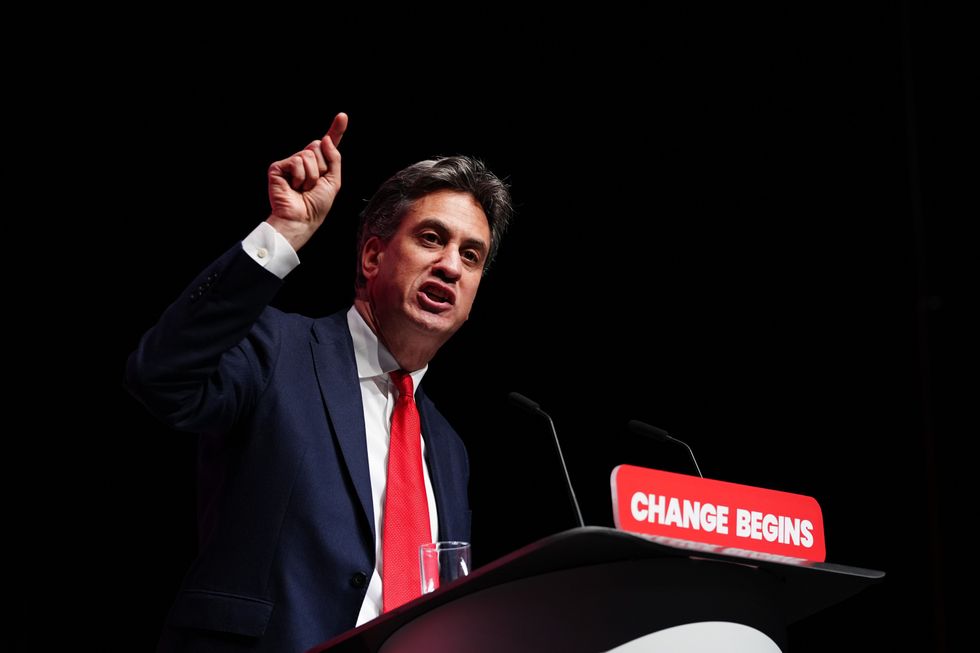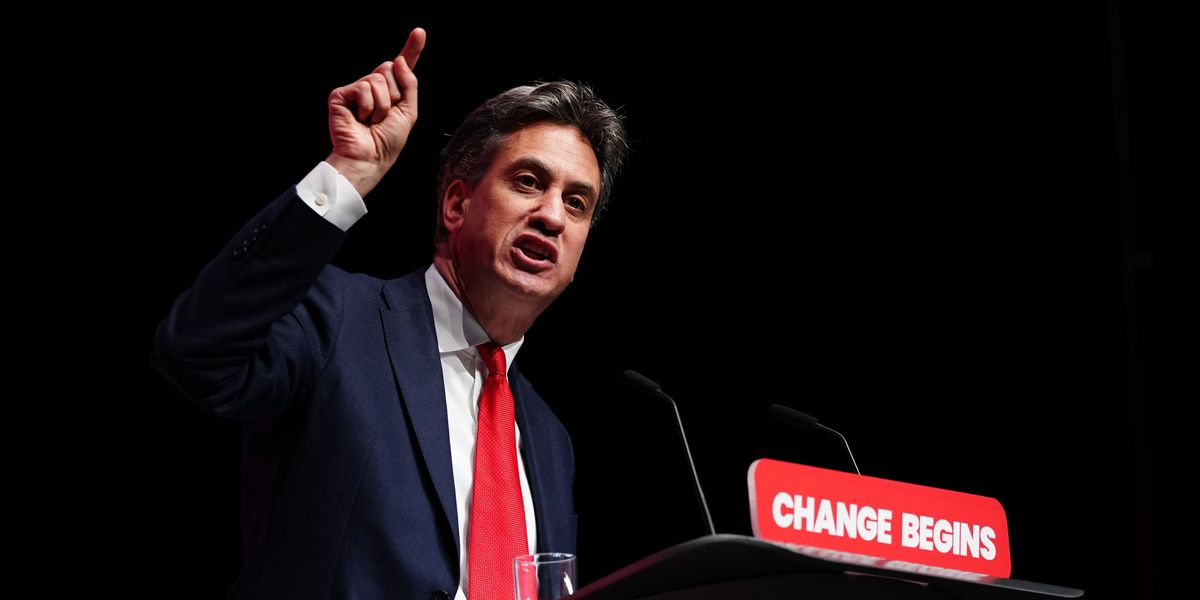Energy Secretary Ed Miliband could heighten energy bills as he confirms plans for new nuclear projects in the UK.
Miliband has said that nuclear power is necessary for Labour’s Net Zero plans, confirming that the “door is open” to tech companies hoping to build “modular” reactors in Britain.
The Energy Secretary has said these projects could deliver “big returns” for the UK, claiming the Government is exploring how it can help private companies bring advanced nuclear projects to market.
However, interested developers are reportedly asking for assurance of financial support to ensure their projects get a minimum return.
Ed Miliband could heighten energy bills
PA
One option for this funding could include a “regulated asset base scheme” which allows investors to begin recieving costs back via customer bills before a project is completed.
However, this has led to concerns that people could be hit in the pocket.
Speaking at the Nuclear Industry Association’s Nuclear 2024 conference Milliband said: “Of course, it’s early days but we should be open to the potential of SMRs to power the fourth industrial revolution, just as coal powered the first.”
“My message is clear: if you want to build a nuclear project in Britain, my door is open. My department is listening.”
“We want all your ideas for projects that can work and provide value for money.”
This comes ahead of the Energy Secretary’s decision on whether to green light a mutibillion-pound development of Sizewell C, a 3.2 gigawatt nuclear power station in Suffolk.
The plant would have the capacity to power six million homes and would be the second nuclear power station to be built in the UK in more than two decades.

“My message is clear: if you want to build a nuclear project in Britain, my door is open”
PA
The winners of a Government competition for taxpayer funding to build the UK’s first mini-nuclear power plants are set to be announced early next year.
Nuclear power is only 14 per cent of the UK’s electricity, down from around a quarter at the end of the last century.
Soaring costs have delayed efforts to revive the nuclear power industry.

